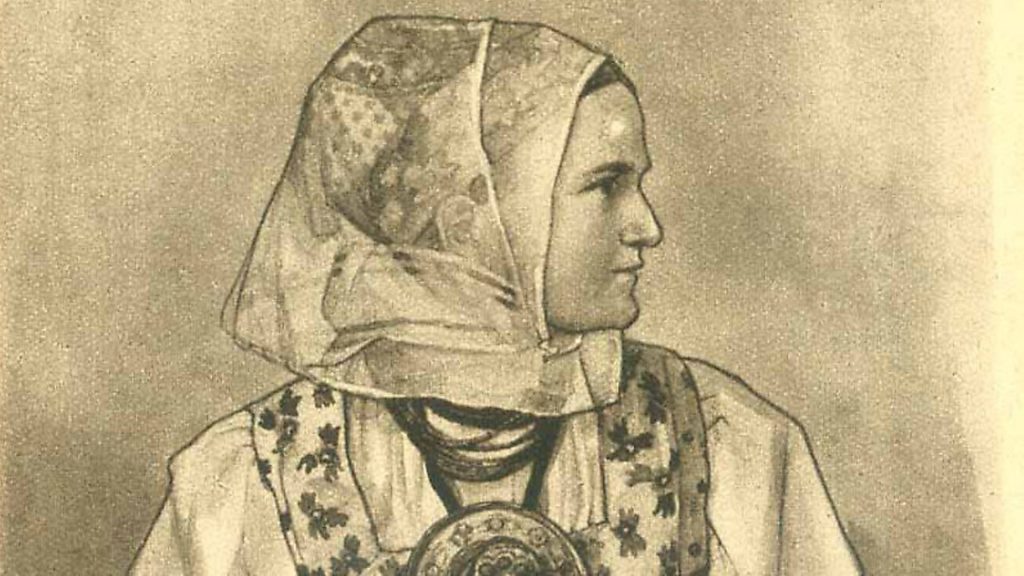
In Romanian Moldavia,the Csángós are oppressed by their Romanian neighbours and misunderstood by their Hungarian ‘relatives’.

Hungarian is a language which is generally considered to have no close linguistic relatives, in any sense of the word ‘close’. Its nearest linguistic relations seem to be the Mansi and Khanty languages, which are linguistically rather distant from Hungarian, and are certainly geographically very distant: their speakers are located about 3,000 miles from Hungary in the western part of Siberia.
But there is another candidate for the label ‘linguistic relative of Hungarian’. The fact that there is a very large Hungarian-speaking minority in Romanian Transylvania is rather well known. What is much less widely known, at least in western Europe, is that there is also another Hungarian-speaking minority in the east of the country on the other side of the Carpathians, towards the border with Moldova, in Romanian Moldavia.
These are the Csángós, who are an ignored and oppressed linguistic minority whose language is dying out as younger people shift to Romanian. They are distinguished from their Romanian-speaking neighbours by their poverty, isolation, and Catholicism (most Romanians are Orthodox). Romanian governments have denied that they form a distinct ethnolinguistic group – in censuses for example – and denied that they have a language of their own.
In more recent times, the Csángós have been faced with a different problem. Since 1989 and the fall of the Iron Curtain, certain official Hungarian bodies have announced that they want to ‘save the Csángós’. What this means is that they, quite admirably, want to save the language and the culture of this isolated people. They are right to want to do so. The Council of Europe has expressed its concern for the plight of the Csángó minority, and criticised the Romanian government for failing to provide education in anything other than Romanian in the Csángó-speaking areas.
Unfortunately, the Hungarians’ efforts have been linguistically uninformed and misguided, as Hungarian academic linguists have tried pointing out to them. The official bodies have started out from the assumption that a Csángó is just a Hungarian-speaker like any other, and that younger members of the community could benefit from scholarships and education in Hungary.
The problem is that the Csángós have been geographically separated from the main body of Hungarian speakers for very many centuries and their Hungarian is so very different from other varieties as to be initially incomprehensible to Hungarians. When I was fortunate enough to be taken by some Hungarian linguists on a fascinating trip to Csángó villages in Romania, they took the precaution of bringing an interpreter with us, a Hungarian anthropologist who had worked with Csángós for long enough to be able to understand them. So from a linguistic point of view it would probably be more sensible to call their language Csángó, and regard it as a language closely related to Hungarian rather than Hungarian itself. But that would be to play into the hands of those Romanian nationalists who want to claim that Csángó is not a ‘real language’ and not worth preserving.
The education-in-Hungary policy has not been a success because the Csángós had too many linguistic difficulties. It also doesn’t help that Csángó is widely regarded by ordinary Hungarians as ‘bad Hungarian’ and a ‘corrupt’ version of their language – which is no less nonsensical than saying Swedish is a corrupt version of Danish. Hearing Hungarians express such negative attitudes about their native language simply gives the Csángós one additional reason not to speak their own language, and to switch to Romanian instead, as many of them have already done.
The European Union has done a lot of good work with their policies for promoting and maintaining minority languages. But these efforts need to be linguistically well-informed if they are to succeed. We have to look at the languages and dialects involved themselves, rather than take concepts like ‘Hungarian’ as unproblematical givens. Knowledge about the vowels and consonants and grammar and vocabulary of any language we are trying to save is important.
Peter Trudgill is Professor Emeritus of English Linguistics at Fribourg University and Honorary Professor of Sociolinguistics at the UEA.










